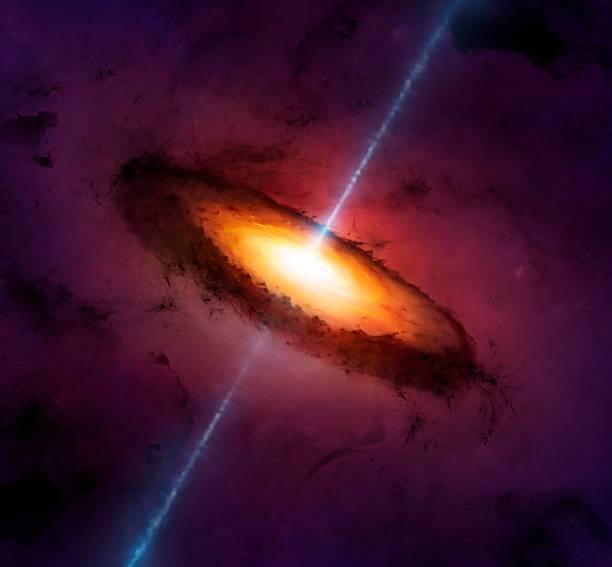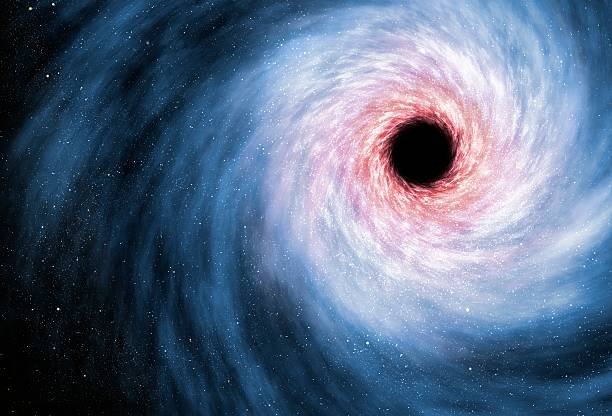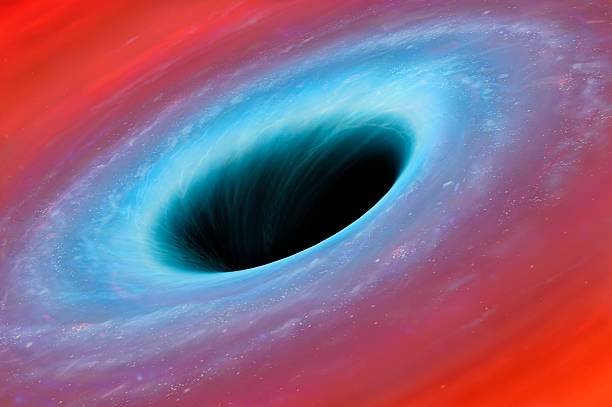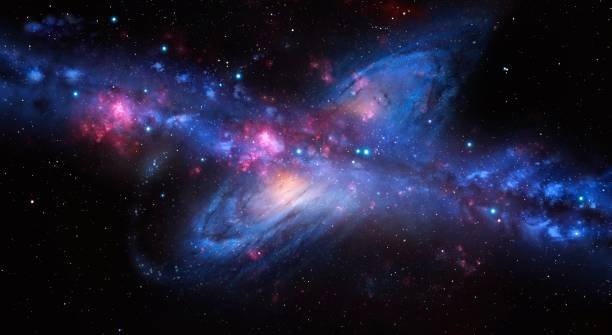Among the countless wonders of the cosmos, black holes reign as both monarchs and mysteries.…
Author: Muhammad Tuhin
Could Humans Ever Travel Through a Wormhole?
Imagine standing at the edge of a black sky rippling with stars. Somewhere beyond that…
Wormholes: Theoretical Gateways Through Space and Time
For as long as humans have looked up at the night sky, we’ve wondered how…
Time Dilation and Black Holes: The Science of Extreme Gravity
Time—so constant, so familiar, and yet so profoundly deceptive. We live by it, measure it,…
The Event Horizon: Where Space, Time, and Existence Collide
There is a place in the universe where light itself surrenders. A boundary so absolute…
What Happens Inside a Black Hole?
There are few questions in the universe more haunting, more awe-inspiring, or more mysterious than…
Can Anything Escape a Black Hole’s Gravity?
There are few mysteries in the cosmos as mesmerizing—or as terrifying—as the black hole. It…
What Is a Black Hole? The Dark Heart of the Universe
There are few things in the universe as mysterious, terrifying, and breathtakingly beautiful as a…
Origin of the Universe: From Nothing to Everything
There is no question more ancient, more haunting, or more deeply human than this: Where…
How Astronomers Measure the Age of the Universe
From the moment early humans first lifted their eyes to the glittering sky, one question…
Cosmic Collisions: What Happens When Galaxies Crash
The universe is not still—it is alive with motion. Every star, planet, and galaxy is…
Why Some Stars Become Neutron Stars and Others Become Black Holes
In the silent theaters of the cosmos, stars live and die like celestial actors performing…
The Oldest Stars in the Universe
When we look up at the night sky, we are not seeing the present—we are…
Andromeda vs. The Milky Way: The Future Galactic Collision
Far beyond the quiet blue of our skies, in the depths of intergalactic darkness, two…
How Many Galaxies Exist in the Universe?
Every time a human being looks up at the night sky, a question as old…
The Most Powerful Objects in the Universe: Quasars and Pulsars Explained
The universe is a theater of unimaginable power. Across its vast darkness, beyond the quiet…
The Sun: The Living Heart of the Solar System
Above all creation, there burns a star that has shaped everything we know—our days, our…
Supernova: The Fiery Death and Rebirth of Stars
In the silent depths of space, stars live long and radiant lives. They are born…
What Happens When a Star Explodes? Inside a Supernova
In the silent expanse of the cosmos, where galaxies swirl like cosmic whirlpools and time…
How Stars Are Born, Live, and Die: The Stellar Life Cycle
Every night, when you lift your eyes to the sky and see the stars scattered…



















